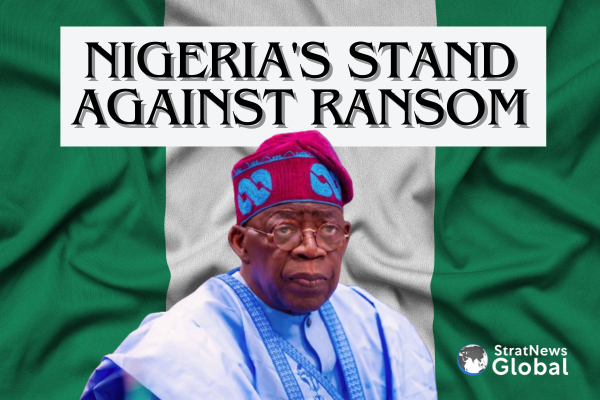President Bola Ahmed Tinubu has ordered Nigerian security forces to ensure the release of 286 students and staff kidnapped from a school in north-western Kaduna state last week without paying any ransom.
The country’s Information Minister Mohammed Idris told reporters on Wednesday that the president had told forces searching for the pupils to make sure “not a dime is paid”. A 2022 law forbids paying ransom to kidnappers.
In the first mass kidnapping in the country since 2021, the school children, some older students and members of the school staff in the town of Kuriga, in Nigeria’s northwestern Kaduna State, were abducted on March 7.
On Tuesday, Jubril Aminu, a community leader and spokesperson for the families of the hostages told Reuters that he had received a call from the kidnappers demanding one billion naira ($620,432).
“They made a total of a 1 billion (naira) ransom demand for all the pupils, students and staff of the school,” Aminu said. “They gave an ultimatum to pay the ransom within 20 days, effective from the date of the kidnap. They said they will kill all the students and the staff if the ransom demand is not met.”
I have received briefings from security chiefs on the two incidents in Borno and Kaduna, and I am confident that the victims will be rescued. Nothing else is acceptable to me and the waiting family members of these abducted citizens. Justice will be decisively administered.
To…
— Bola Ahmed Tinubu (@officialABAT) March 8, 2024
There have been several mass kidnappings over the last week, including the abduction of more than 60 people from another village in Kaduna state on Tuesday. Over the last three years, hundreds of students have been abducted. Some of them were released following negotiations with the authorities, although officials deny any ransom payments were made.
The spike in large-scale abductions pose a major challenge to the government of President Tinubu, who came to power pledging to tackle insecurity.
Also See
In a career spanning three decades and counting, Ramananda (Ram to his friends) has been the foreign editor of The Telegraph, Outlook Magazine and the New Indian Express. He helped set up rediff.com’s editorial operations in San Jose and New York, helmed sify.com, and was the founder editor of India.com.
His work has featured in national and international publications like the Al Jazeera Centre for Studies, Global Times and Ashahi Shimbun. But his one constant over all these years, he says, has been the attempt to understand rising India’s place in the world.
He can rustle up a mean salad, his oil-less pepper chicken is to die for, and all it takes is some beer and rhythm and blues to rock his soul.
Talk to him about foreign and strategic affairs, media, South Asia, China, and of course India.





